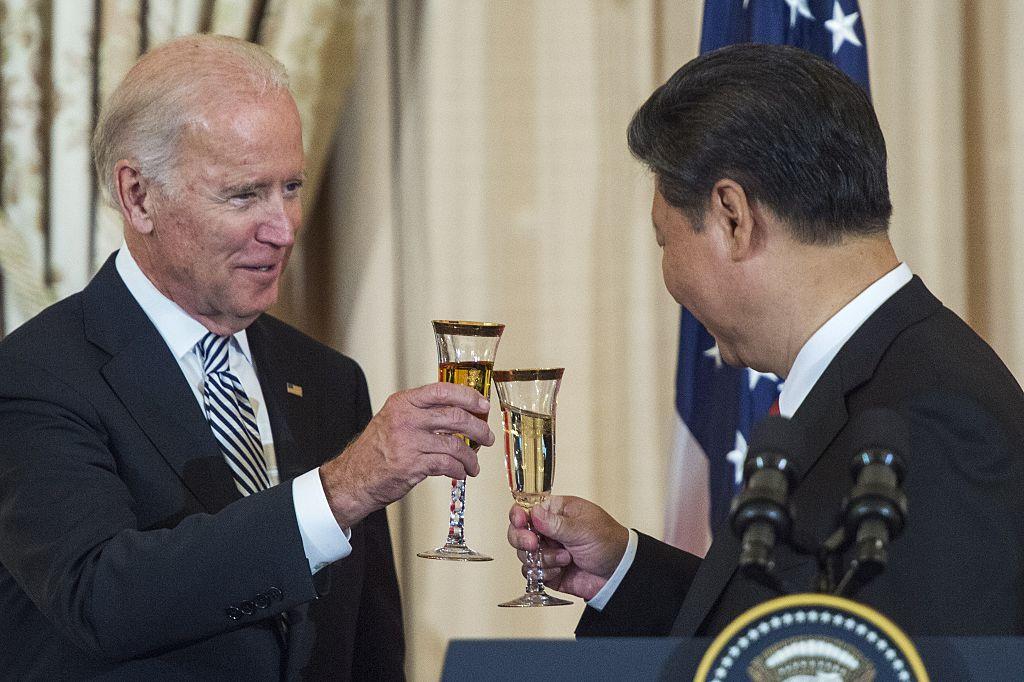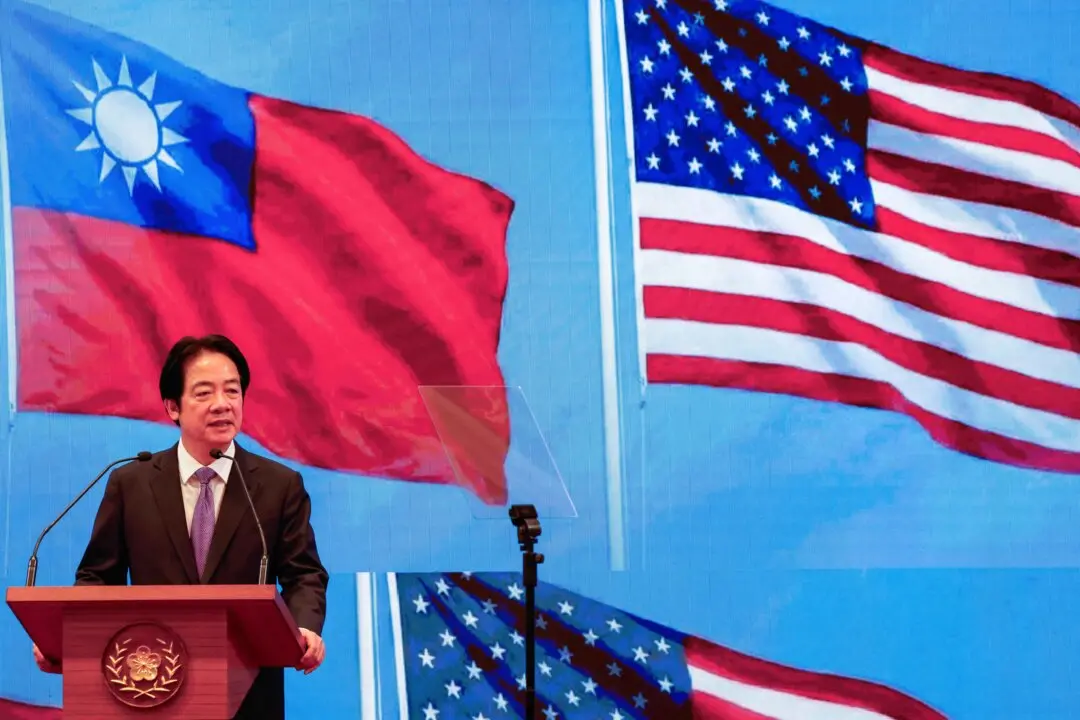President Joe Biden will hold a virtual meeting with Chinese leader Xi Jinping before the end of 2021, White House national security adviser Jake Sullivan said on Oct. 26.
Sullivan said he didn’t know the exact date of the meeting, but the decision was made when he met with Yang Jiechi, China’s top diplomat, in Zurich earlier this month.




